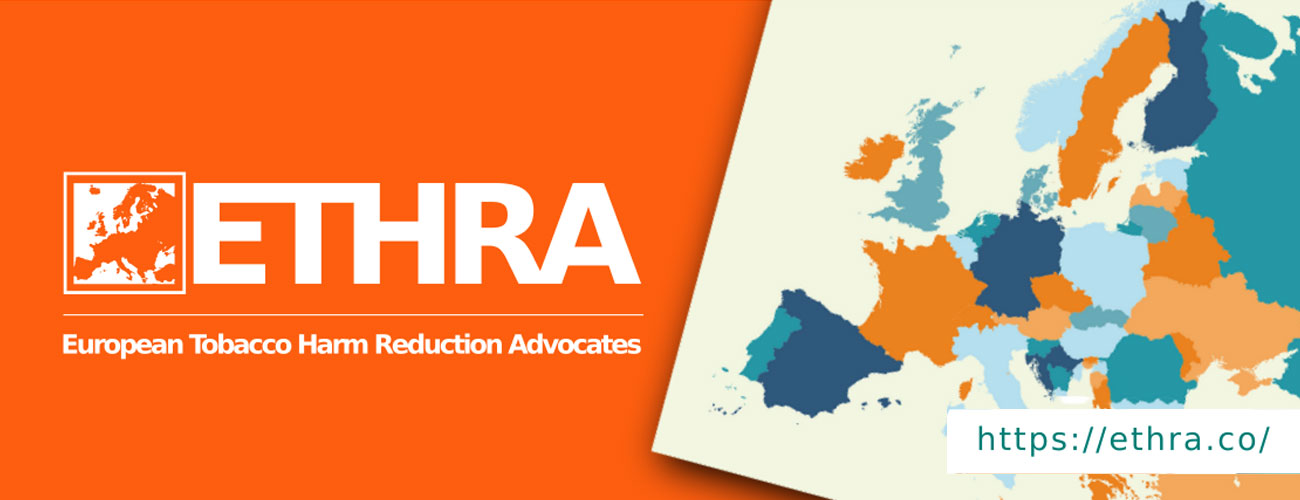ETHRA, which represents nicotine consumer organisations in Europe, has written to health ministers across Europe urging them to reject a flavour ban at tomorrow’s European Council meeting.
The meeting, first reported by Clearing the Air, will discuss a Danish proposal for severe restrictions on safer nicotine products including flavour and product bans. The outcome will help determine whether the EU Commission will propose such measures in the future.
“The measures proposed are unlikely to protect young people and likely to do more harm than good overall”, the letter reads.
“Full or partial bans on the manufacturing and supply of novel nicotine products will not prevent the underlying demand for nicotine. All safer nicotine products are flavoured in some way (including tobacco flavour); therefore, a ban on flavourings is a de facto ban.”
ETHRA call out three specific consequences a ban might have, including:
1. There would be an increase in smoking through reduced adult switching and increased relapse from vaping to smoking. Given the risks of smoke-free products are a small fraction of those of cigarettes and given that 700,000 people die from smoking in the European Union each year, only a slight uptick in smoking is necessary for the unintended harms to far exceed the intended benefits.
2. The illicit market in banned products would flourish through informal internet commerce and multiple distribution channels to connect users and manufacturers. This market would be unregulated and attract criminal networks prepared to sell any illicit product to anyone of any age. While many products traded illegally will be high quality and manufactured legitimately outside the EU, there will be nicotine products on sale with misleading product information, safety risks and unknown potency. The main effect will be to exclude law-abiding European Union businesses from participation in a regulated market.
3. Consumers and suppliers will develop potentially risky workarounds to counter intrusive regulations that prevent access to products that are far safer alternatives to smoking. There is already experience of this effect with menthol adaptations and innovation to overcome the mandated small tank and container sizes required in the Tobacco Products Directive. In the future, consumers may be pressured to mix their own flavoured liquids and sell them to others, possibly adding dangerous ingredients and mixing them in unhygienic conditions.
“We hope that further revisions of the Tobacco Products Directive, Tobacco Advertising Directive and Tobacco Excise Directive will be based on evidence, deliberation and meaningful consultation” concludes the letter.
“These are important directives that can have lethal or life-saving consequences for European citizens. We should not begin their revision with pre-ordained results that are based on weak or misleading evidence.”



